It is a Monday in November at 9.30 a.m., a police officer lets us into the Cotonou Artisanal Fishing Port, located right next to the Autonomous Port and the Naval Base.
On the left, the offices of the National Union of Fishers, Sailors, Craftworkers and Assimilated Workers of Benin (UNAPEMAB, Union Nationale des Pêcheurs, Marins, Artisans et Assimilés du Bénin) are decorated with frescoes, reminiscent of the administrative zones and their landing sites, as well as a few species of fish. We meet with a cooperative that is a member of UNAPEMAB, the Union of women fishing cooperatives in Benin (USCOFEP-Bénin, Union de sociétés coopératives des femmes de la pêche du Bénin) which brings together more than 200 women.
Here, women are mainly fishmongers, and they process (salt, smoke) at home only unsold fish. They work 7 days a week and rest on the 8th day. "The day following our rest day, each woman contributes 500 francs towards the running of UNAPEMAB". In addition, every Thursday, each of them contributes 1,000 francs "to help each other, and we put that into the fund", explains Armelle Ayimontche, who keeps record of the day's attendance and contributions in a notebook.
Lake Nokoué, North of Cotonou. From their houses on stilts, the women from the Cooperative of Women Fishmongers and Shrimp Processors (COMATRANC, Coopérative de mareyeuses et transformatrices de crevettes) based in So-Âva watch tourists pass by, escorted by fishers who also work as guides. They specialise in prawn smoking, a delicacy much appreciated elsewhere in Africa, but not necessarily in Benin. They buy the prawns for 2,000 francs and sell them for 3,500 francs. Sounds like a good deal? If they could only sell their products!
Grand Popo, 80 kilometres west of Cotonou and bordering Togo, is home to the country's largest maritime fishing community. While just one landing site can be found in Cotonou - the only Beninese port specifically designed to welcome small-scale fisheries boats -, several can be found in the Grand Popo municipality, composed of 60 villages. Olivier Aligbo Kome, head of the village of Ayiguinnou and president of the fishers of the Mono department, reports that they have a very large production, but that "the maritime catch statistics have not changed in 20 years". The figures are in fact only for the port of Cotonou, and are not disaggregated between industrial fishing (which is very underdeveloped) and small-scale fisheries. The latest global figures available online date back to 2012.
In recent years, women fishmongers and fish processors have been encouraged by USCOFEP-B and NGOs such as Ecobenin, which protects turtles, to form cooperatives. In Agoué, another village of Grand Popo municipality, the GBENONDOU association of fishmongers has 84 members. They meet every Wednesday to exchange ideas and contribute 200 francs. "This allows us to help women who have no funds when fishers come back ’fully loaded’", explains Fernande Ayina, the association's secretary. Once a week they also buy together, process and designate a few women to go and sell the products at the market. The profits go into the fund.
Located just 2 kilometres to the west, the 60 women of the SCOFEP-Paix cooperative in Ayiguinnou joined forces over a year ago. "It’s difficult on our own, but together we can develop projects. What's more, as a cooperative, we can receive subsidies", says vice-president Abla Marie Tonou, who is very talkative. In a typical Ghanaian three-quarter length trousers, Mensah Atayi, a fisherman and fishmonger, translates for us. He helps the women of SCOFEP-Paix with the administrative work. In Ayiguinnou, each woman pays a monthly contribution of 1,000 francs.
Work at a loss… or for survival?
When the fish arrives, they take turns to buy their supplies: "Twenty or so will have fish today, and the others tomorrow", explains Abla Marie Tonou. Here, just like the women of USCOFEP-Benin in Cotonou, most women are fishmongers: they place the fish in ice buckets and leave for the market in Lomé or Cotonou. "No sooner paid than sold", says Abla Marie Tonou. If they buy for 20,000 francs, they sell for 25,000 or 30,000. But when you have to pay 2,000 francs for the ice, 2,500 francs for transport and 1,000 francs for luggage, the math is easy: if they sell for 25,000, they've worked at a loss. But their math seems to be different: "Fish feeds a lot of people", remarks the playful Philomène Ahoudji. Fish feeds their children, because women bring the unsold supplies home, where it is processed to be kept longer.
Most of the women in Ayiguinnou also do market-gardening on the side. They rent 600 m² plots for an average of 50,000 francs a year (prorated according to distance from the main road), which they will pay to the owner only after harvest. A good deal. In the sandy soil, and when fishing is not good, they grow carrots, onions, beetroot, peppers and lettuce with their families. According to Zephirin Amedome, General Secretary of UNAPEMAB and a native of Grand Popo, the land is very fertile and crop irrigation is possible thanks to perforated hoses or sprinklers that draw the water from drill holes: "As soon as you turn over the soil, you water and pray".
The value of mutual support
However, in Agoué, women seem to struggle more, and only a few can afford to rent land for market gardening. Some families, like that of the president of the GBENONDOU association, Hortense Sodji, have had to move their houses built on the sand, because coastal erosion and the rising waters threatened to wash them away. But women face adversity together. When we enter the courtyard of Hortense's new house, her husband, seated in the shade of a straw hut, nods his head in greeting: "The papa is tired, he fished a lot and his health isn't good anymore, so now I'm working so that he can rest", she says with a smile.
Her courtyard is home to two valuable facilities: one of the few wells in the village and an improved smoking oven that the NGO Ecobenin has built for the women of the association. "My gate is always open, because people from the village come to draw water all the time". As for the ovens, they organise themselves in the same way as in Ayiguinnou: each woman takes her turn according to the daily catch; they put padlocks on the oven doors to make it clear who owns the products. Once they have sold their products, they pay for the use of the oven.
Tuna, a popular but hard-to-reach commodity
"Customers prefer bonito", explains Justine Azanmassou from GBENONDOU association. Smoked tuna is indeed very popular in the region. However, a vast majority of fishers prefers to land where customers pay full price, in Cotonou or elsewhere in the region, depending on the currents and the fish migration route. So if they land tuna in quantity in Grand Popo area, it is a godsend.
Women buy fish and then smoke it to preserve it longer. It takes 20 to 30 hours to fully smoke small tuna, shifting the shelves regularly. When the fish are completely cooked and the bones have been removed, they say it can be kept for up to 6 months at room temperature. Maria Abla Tonou from SCOFEP-Paix lets us taste her product, which she has already been smoking for several hours. The tuna is dry, a little floury, and our hands hardly get dirty. But that's only because the sauce is missing!
The challenges of selling
In Cotonou, since women pre-finance fishing trips, they have more leverage to access fish. When fishers return to the port, women have priority in the selection of products. Christian Amoussou, interpreter, and son of a fishmonger, explains: "In the past, my mother could finance up to 10 pirogues". Although he has not set foot in the Port for years, everyone knows him.
The problem for women in the economic capital, is not access to fish, but the difficulty to sell their products, which should be done before the ice melts. As fish is a perishable commodity, customers abuse the situation, taking the products but "saying they can't pay", says Victoire Abalo. However, women do not seem to feel the need for a cold storage room. Yet, some 15 years ago, the Japanese government financed one with a capacity of 4 tonnes and an ice machine that produces 4 tonnes a day.
We ask to take a look at the facilities: the cold storage room is dusty and at a standstill. Old cardboard boxes are all over the place. For some time now, port users have been using it as storage space, explains Célestin Badarou, the maintenance man. Opinions differ on why the cold chamber is not operated anymore. The fishers and the women of UNAPEMAB say that it broke down. But according to Aissan Noël, head of the Artisanal Fishing Port, and therefore a representative of the fisheries administration, "the charges were too costly". Céléstin Badarou knows the figures: "Electricity for the cold room compressor cost 2.5 million francs per month, while revenue only covered 500,000 francs".
Once their products have been processed, women are less subject to time constraints, yet they also find it difficult to sell their products. The young Anicet Mello is in charge of selling the prawns of the women cooperative in So-Âva, the "Venice of Africa", and he explains that they are unable to sell their products because the locals are not interested in buying them. Even with their stall at the Dantokpa market, the largest open-air market in West Africa, sales continue to decline. In the years prior to 2015, Nigerians used to buy large quantities of these smoked prawns, "but since the fall of the naira, they no longer come". He wonders whether small 100-gram bags sold in supermarkets might encourage Beninese to take an interest in shrimp. This is a project they are considering for the future.
Climate change increases precariousness
From May to July, rains are scarce but the sea remains rough. With climate change, fishers complain of big swells and having to go further out to get fish. "But it's also hotter, so it's difficult to stay at sea too long", explains Zephirin Amedome, owner of two artisanal purse seines. He is dismayed at the lack of interest in fisheries from the government: "All the subsidies go to agriculture, but we produce food too!"
The scarcity of fish causes financial hardships to women, as they cannot compete with the prices offered by the more powerful fishmongers and intermediaries. A whole section of the population is left behind, as they can only access fish at the affordable prices offered by women fish processors and fishmongers.
Many of these women are also members of the African Confederation of Professional Organisations of Artisanal Fisheries (CAOPA), an organisation which, since its foundation, has focused on women in fisheries. For more than ten years, they have gained, step by step, the confidence to take their rightful place within professional artisanal fisheries organisations.
Together with CAOPA and other artisanal fishing organisations around the world, they have issued a Call to Action to their governments to ensure their contribution to food security is valued and their working and living conditions are improved. They call on governments to prioritise investment that reduce post-harvest losses, and to develop alternative supplies. But above all, it is essential that these women, together with their decision-makers, get the opportunity to reflect on the issues that concern them, including fisheries management issues.
Banner photo: Eugénie Zannou and Pierrette Ahouandjinou, two shrimp smokers of the cooperative COMATRANC, Coopérative de mareyeuses et transformatrices de crevettes, in So-Âva, a village on Lake Nokoue, have just flipped the prawns over.


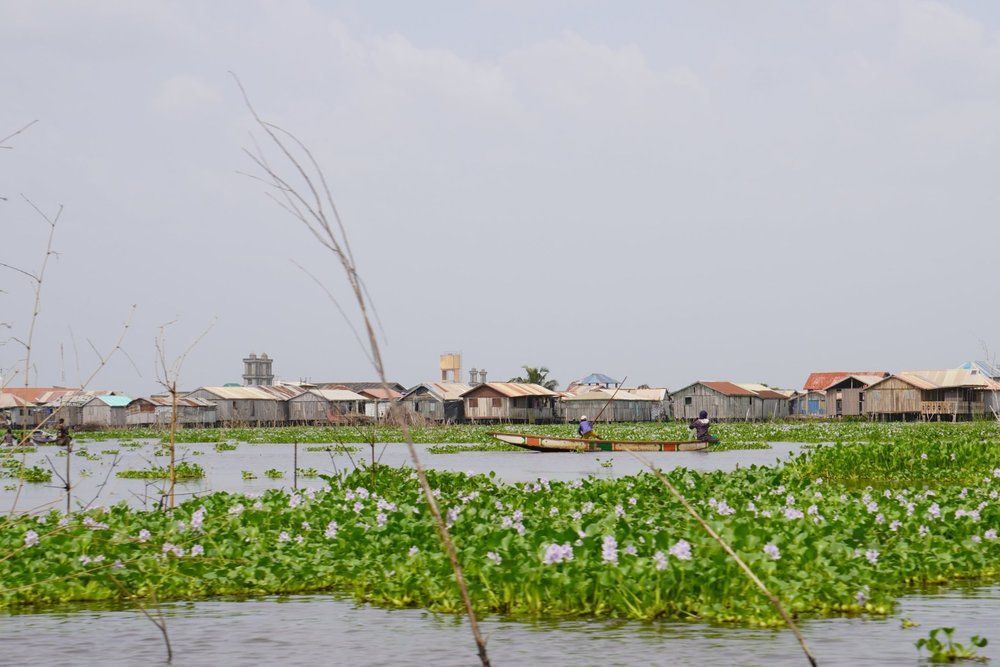
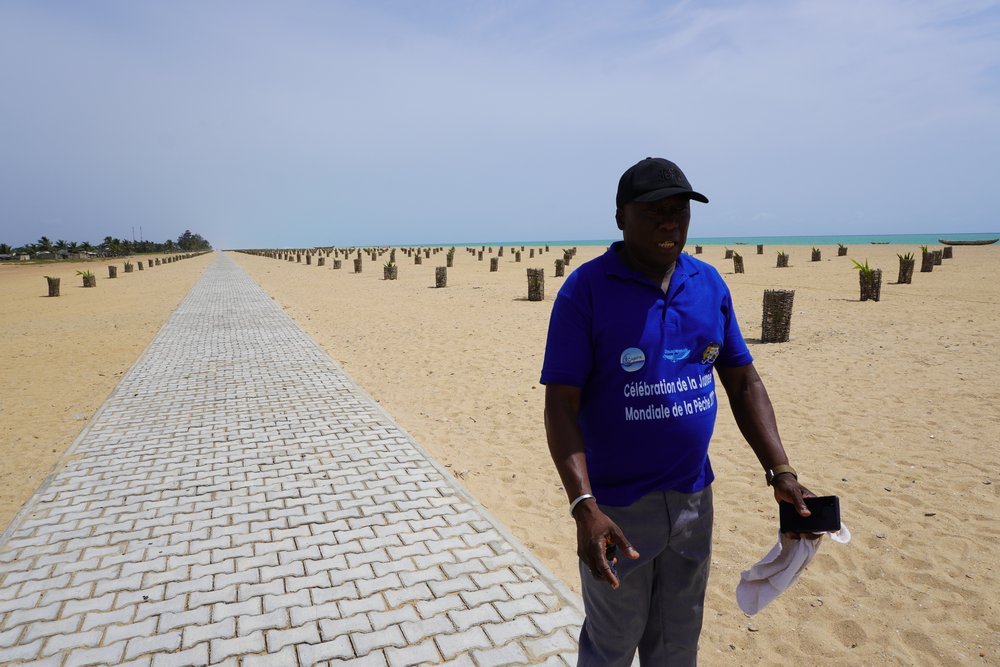
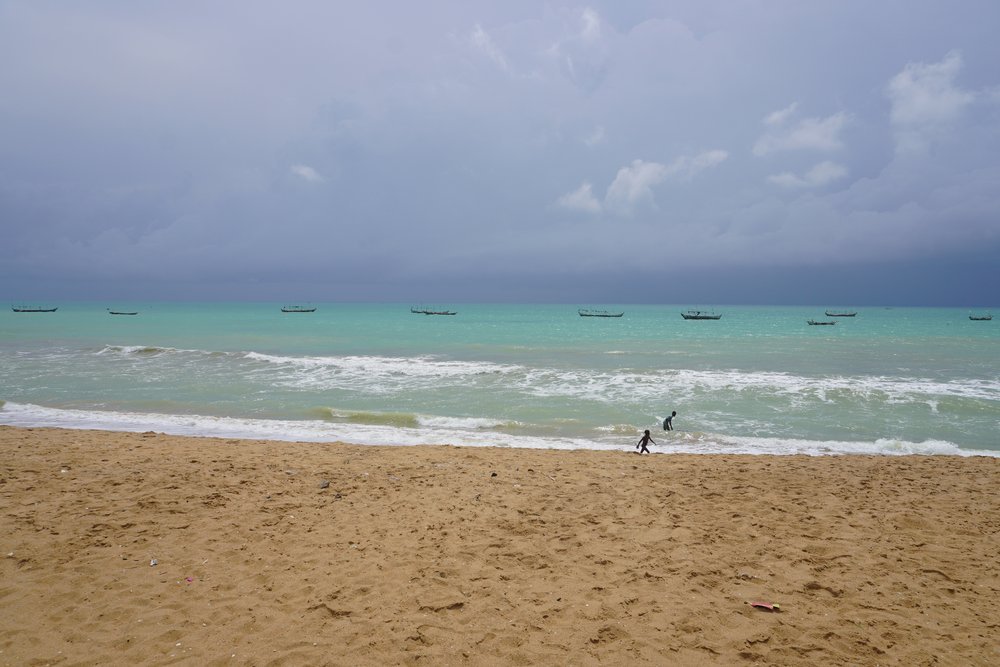
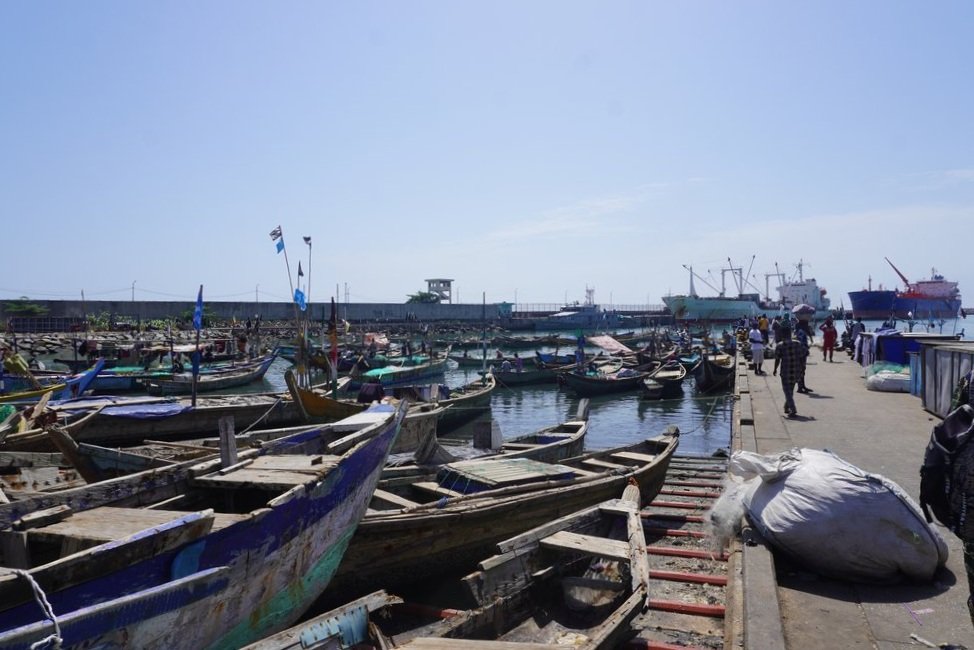

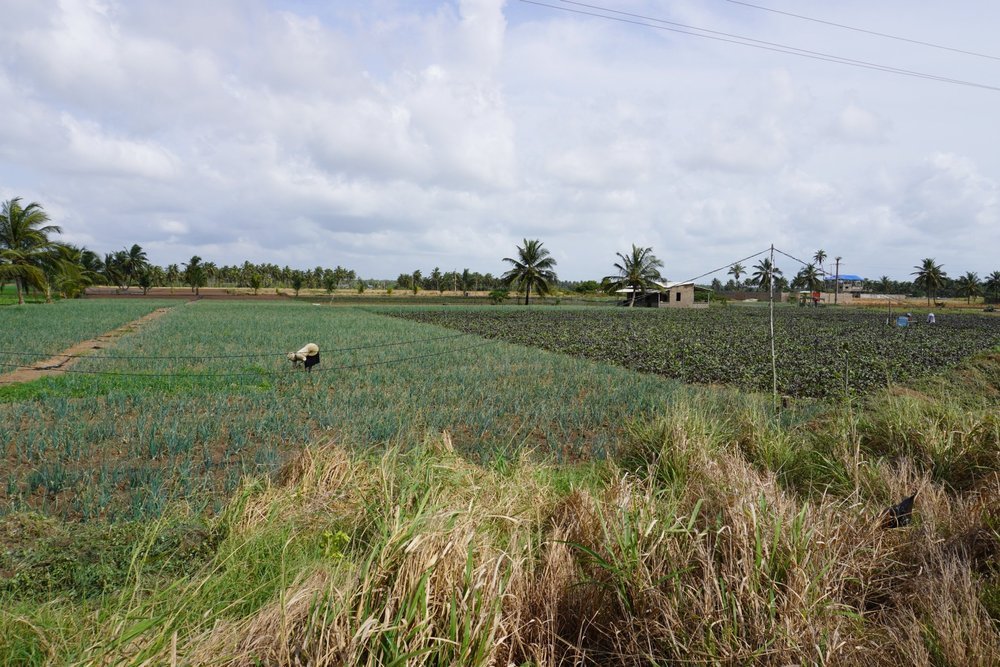
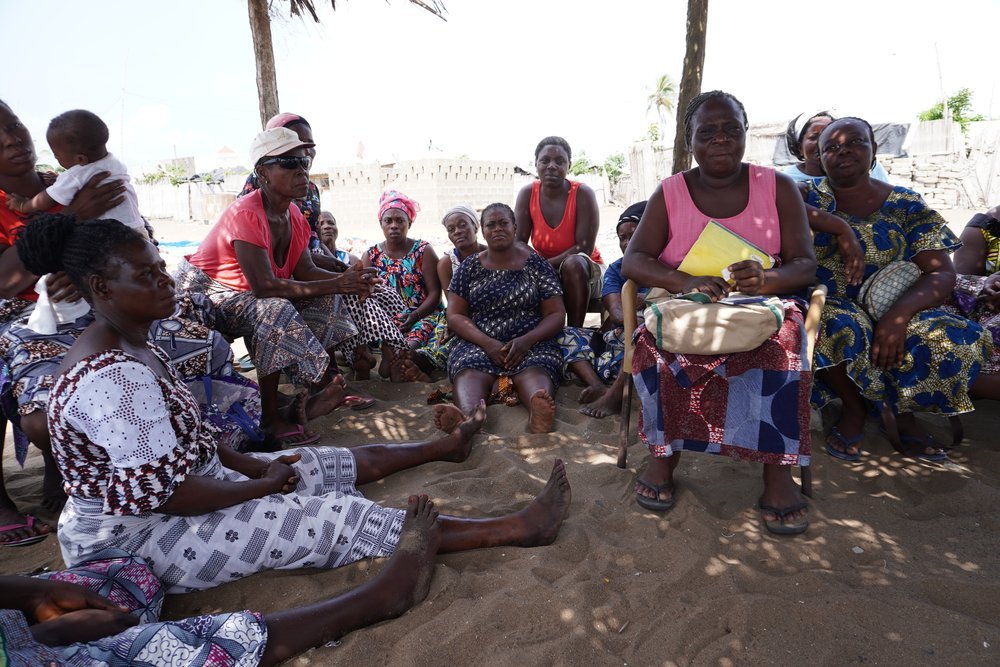
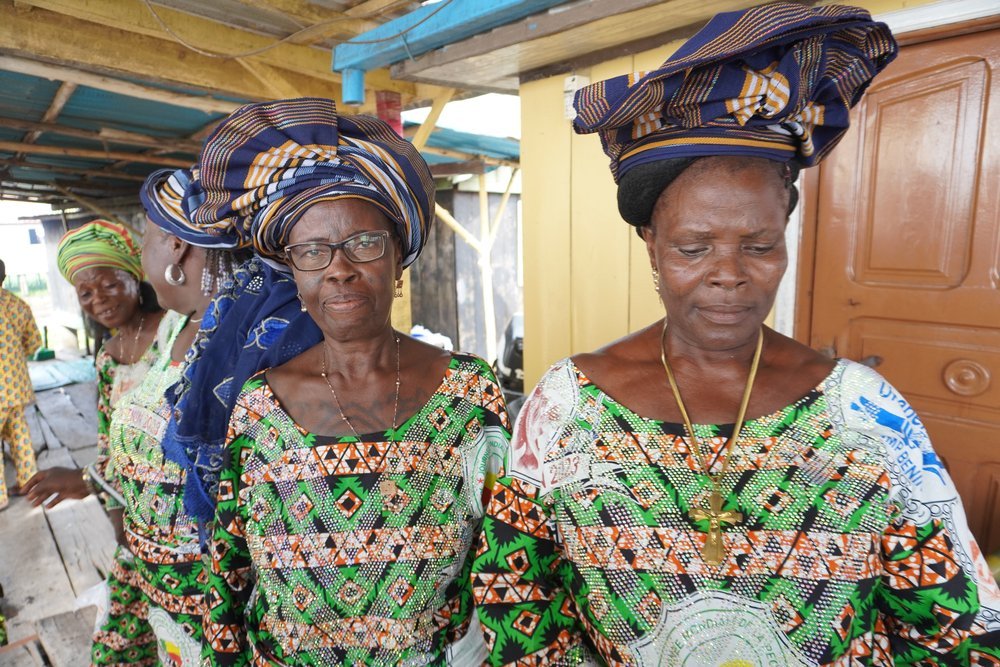
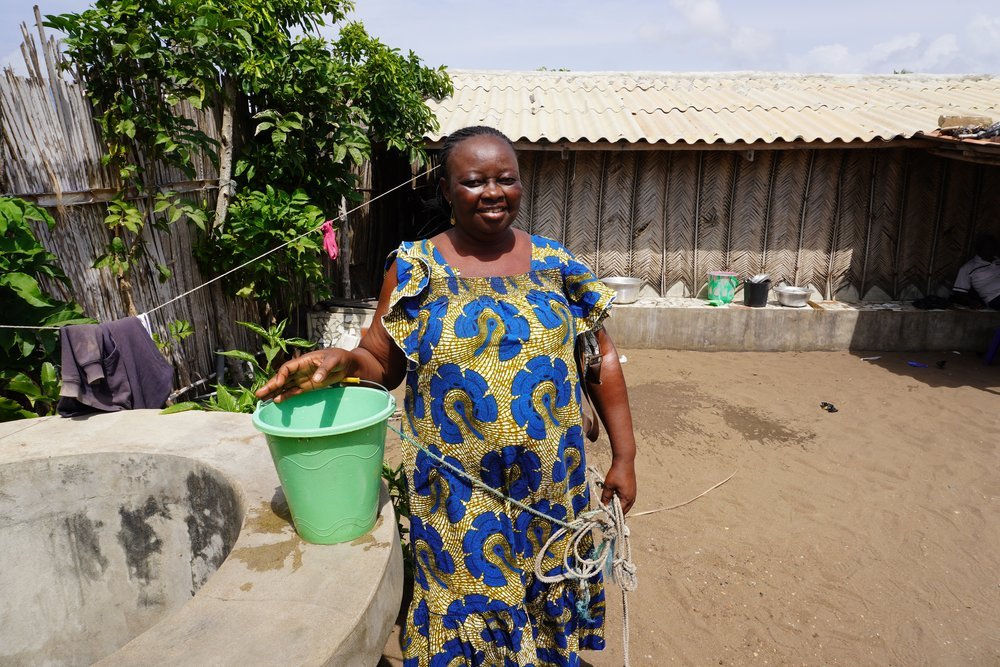
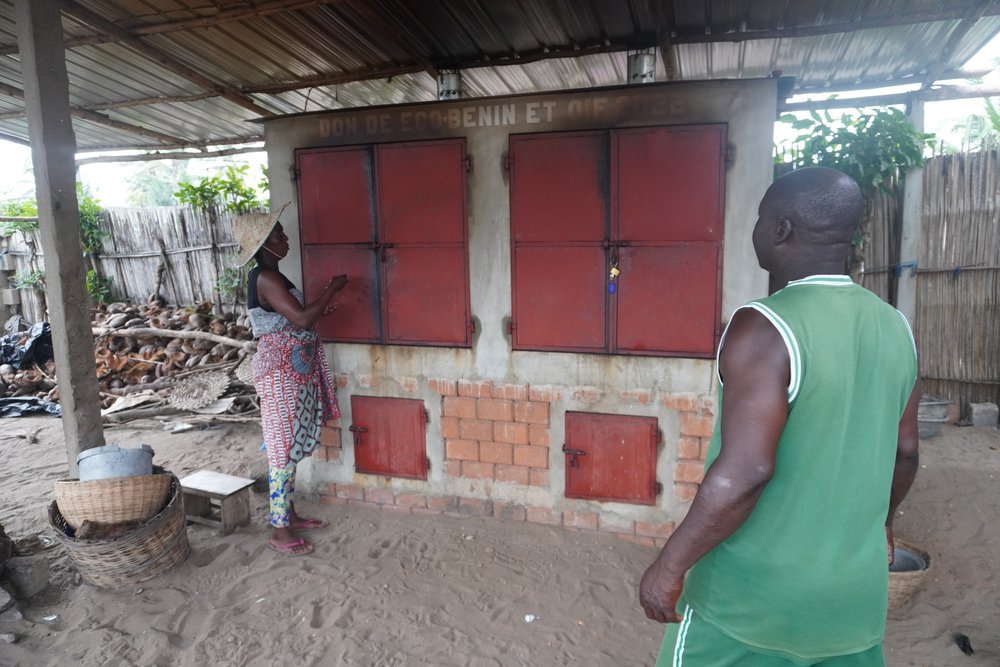
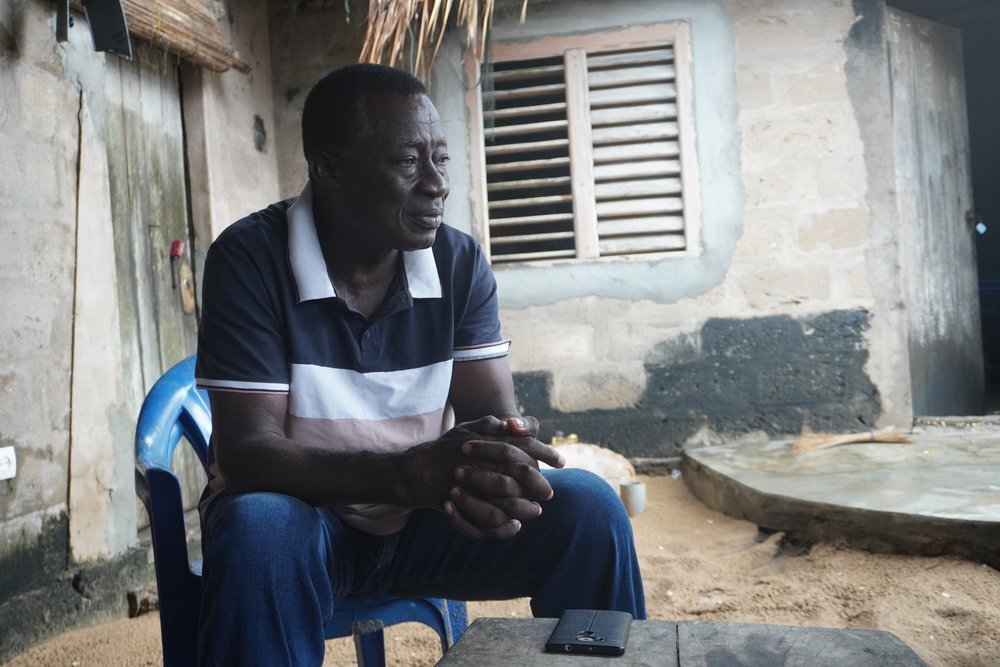
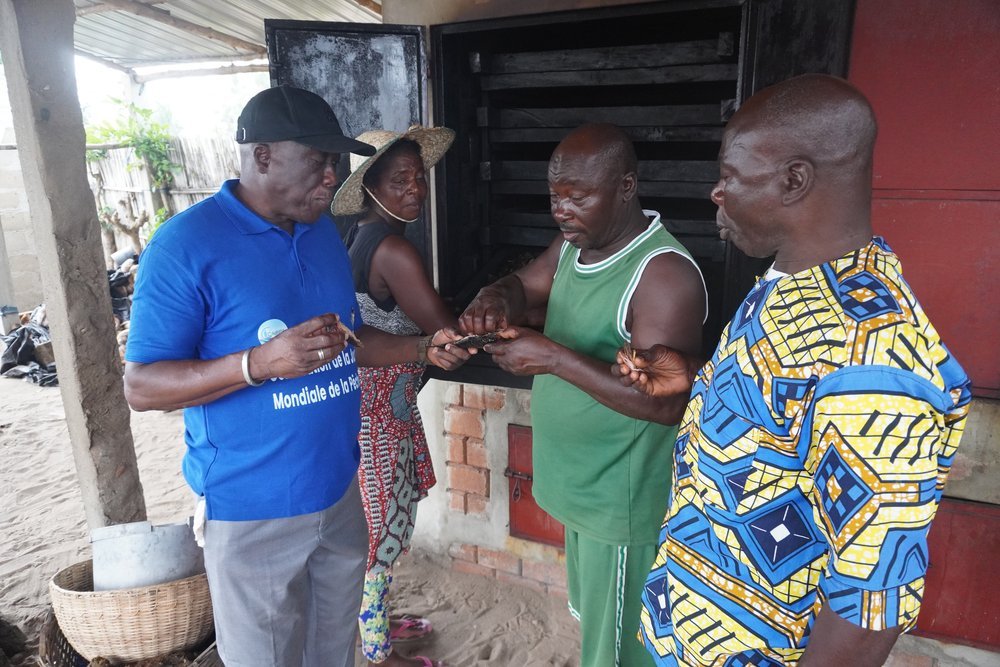
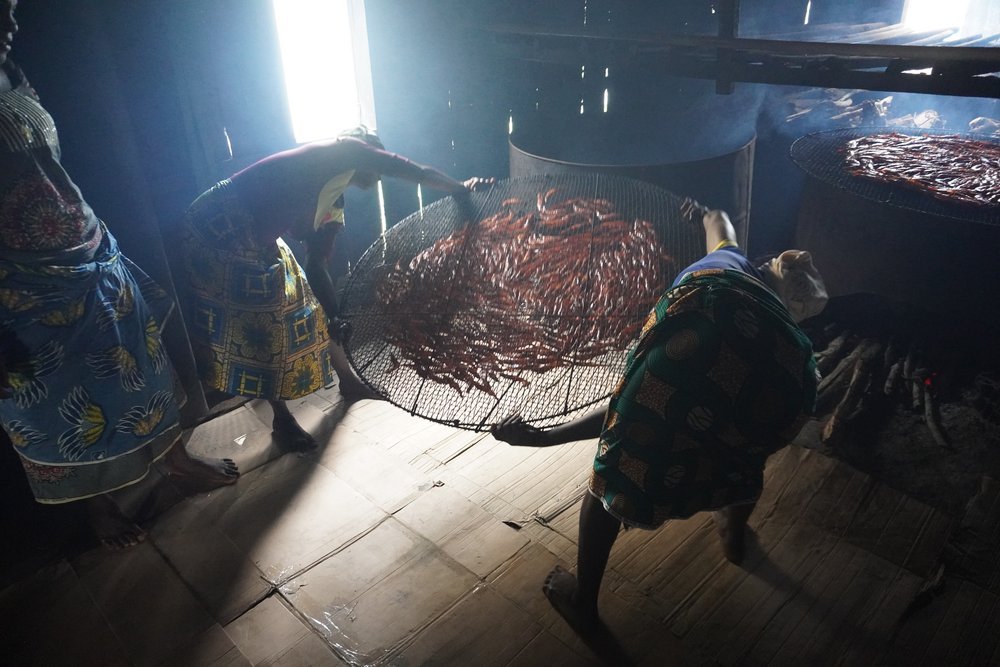
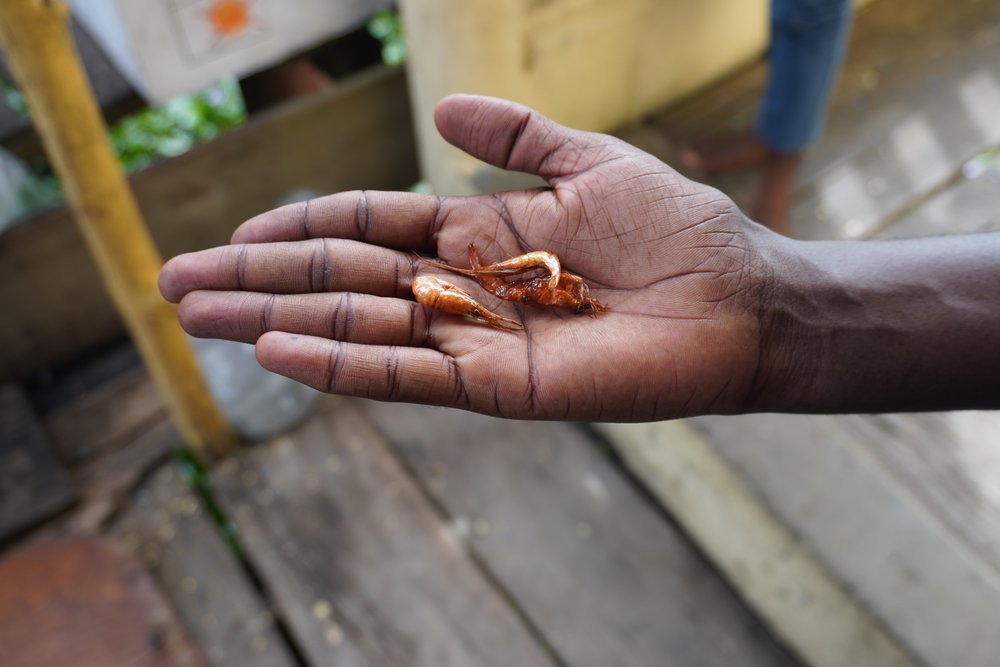

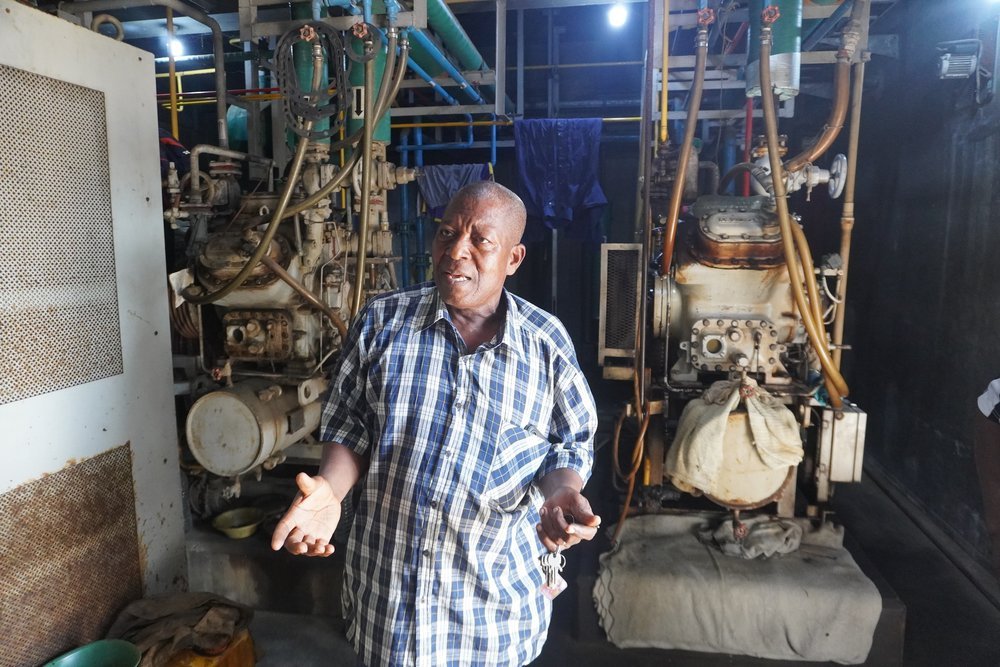





West Africa has pioneered several decades of artisanal fisheries management reform. Yet there are still major obstacles to co-management: a lack of political will reflected in low budgetary allocations; inadequate and poorly targeted support for fisher organizations; poorly defined roles and responsibilities of fishers in co-management; lack of enforcement of inshore exclusive zones; and inadequate defense of human rights and particularly the important role of women.